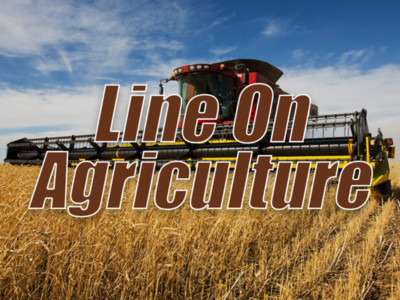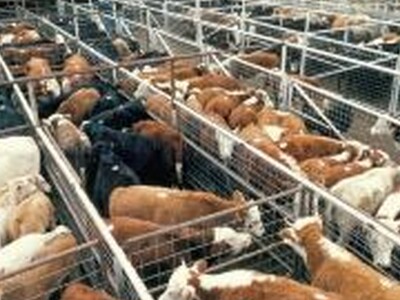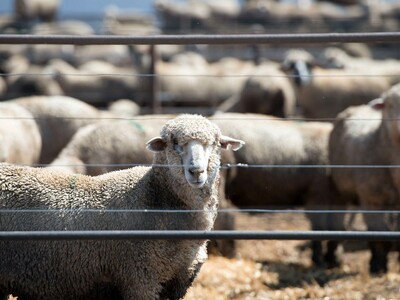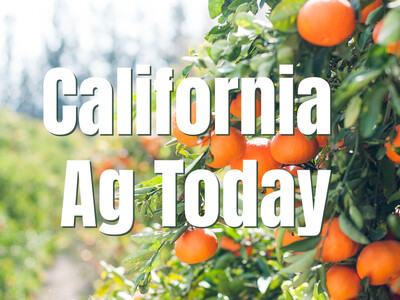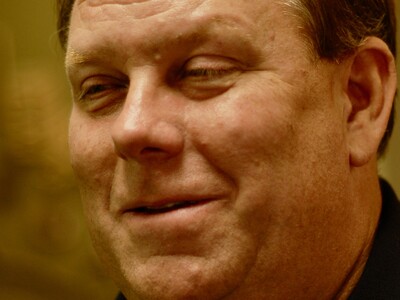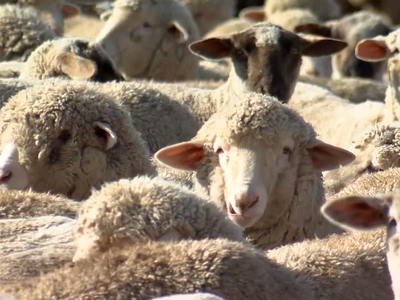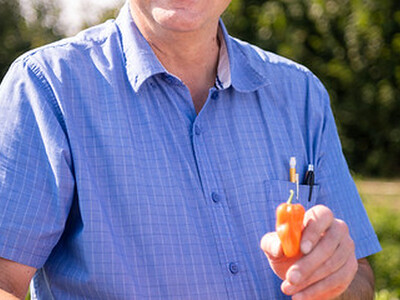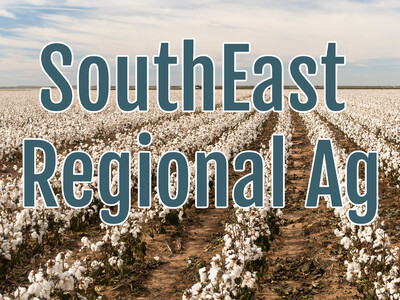Pushing for a Positive Change
Pushing for a Positive Change. I’m Greg Martin as Line On Agriculture presents the Harvest Clean Energy Report.
Dave Ryan, president of Montana Renewable Energy Association has the task of trying to convince as many people as possible that global climate change needs to be taken seriously and a positive change can be made.
RYAN: We exist to help people understand the benefits of renewable energy. We try to influence policy in favor of renewable energy and try to build the markets for renewable energy in
Ryan believes that not only is burning up a non-renewable resource a bad idea but the pollution that comes from the process is also part of a double whammy. Recently the Ag Secretary and the Dairy Industry released a letter of understanding regarding the waste from cattle.
RYAN: The thing is right now waste disposal is a major issue for dairies and all these combined animal feeding operations. The main problem interestingly enough is air pollution but these places are sort of by necessity sort of smelly. So what we can do with these facilities is we can put in anaerobic digesters and it’s a very common technology in waste water treatment
Digesters convert the methane from the waste materials and turn it into energy. This creates an additional income stream for these operations and also helps keep down the gases that contribute to global warming. Ryan says the renewable technology for you and your operation depends on a number of factors.
RYAN: A lot of renewable technologies, it’s sort of like real estate, it’s all about location. Some places more have more opportunities to use renewable energy than others. If you are looking for a renewable technology that is mostly one size fits all probably solar energy is the best. Other technologies, wind for example, you really need to have a windy location
Ryan says that there really is a cost factor to climate change.
RYAN: If we are experiencing global warming and if it is caused by our burning fossil fuels the costs of that down the road are going to be staggering and so I think it’s better to mitigate those costs up front.
For additional information on clean energy, visit harvestcleanenergy.org. That’s today’s Line On Agriculture. I’m Greg Martin on the Northwest Ag Information Network.
www.harvestcleanenergy.org




